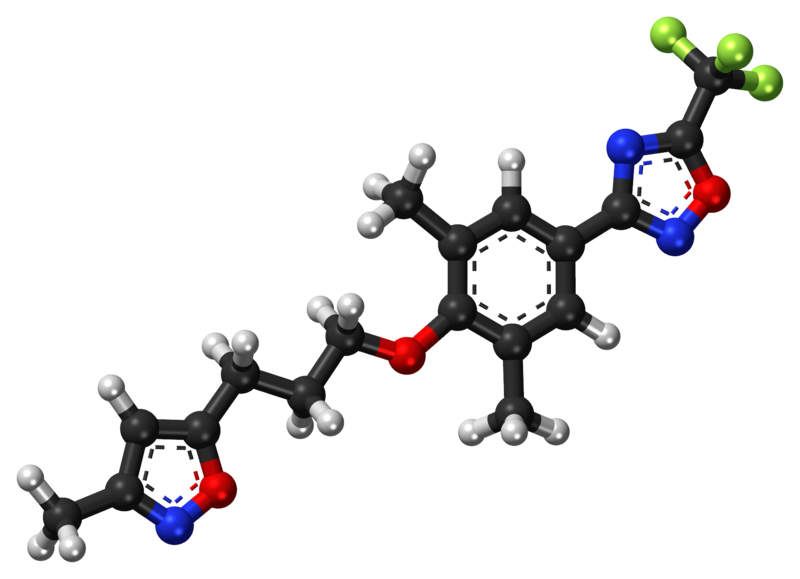
Scientists in Norway are seeking participants for a clinical trial to see if a course of anti-viral treatment may stop beta cell destruction.
Pancreatic infection with some viruses, known as enteroviruses, are a likely candidate as one of the environmental causes of type 1 diabetes (T1D). The reason: Evidence of enteroviral infection has been found in pancreatic autopsy samples being studied in association with T1D. In the Diabetes Virus Detection (DiViD) study Knut Dahl-Jorgensen, M.D., Ph.D., and Lars Krogvold, M.D., Ph.D., of Oslo University Hospital in Norway, detected a low grade chronic viral infection in the pancreas of live adult people at diagnosis, and also signs of anti-viral tissue responses in the pancreas, clearly indicating a role of enteroviruses. So they wanted to do something about it and did an in-depth screening of possible anti-viral drugs that may be effective against enteroviruses, and came up with two: pleconaril and ribavirin.
The clinical study is recruiting 96 participants aged 5-16, who are within a three-week window after diagnosis of T1D. Researchers will give them the combination of pleconaril and ribavirin, or placebo. This trial is the first attempt to show whether anti-viral treatment can stop or delay the destruction of further beta cells and maintain or, better yet, restore insulin production.
“If this is successful,” says Dr. Dahl-Jorgensen, “it may represent a paradigm shift in the prevention of type 1 diabetes, and a breakthrough in understanding the cause and mechanisms of this disease.”
If successful, this study will also add more data favoring the concept that one way T1D can be initiated is by a viral infection. In people living with T1D, delaying the destruction of beta cells will lead to increased insulin secretion and will make it easier to keep glucose controlled, significantly decreasing the risks for serious long-term complications such as kidney and eye complications, heart disease, and stroke. In the future, these drugs may be given at an earlier stage, before symptoms appear, to find out if they can stop or delay the onset of T1D. And, ultimately, we could develop enterovirus vaccines that will be effective in preventing T1D altogether.*
The clinical trial is recruiting at the University Hospitals of Oslo (Norway) and Copenhagen (Denmark). To find out more about the study, go to the EU Clinical Trials Register here.
*The Breakthrough T1D T1D Fund has an investment in Provention Bio to develop a first-in-human enterovirus vaccine, which could possibly prevent as many as half of T1D cases worldwide.